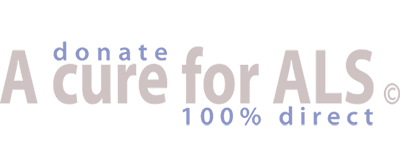VEGF Presentation Symposium 2014
Philip Van Damme, MD, PhD, from the University of Leuven (Belgium) presented the results of the phase 1 clinical study with vascular endothelial growth factor (VEGF). VEGF is thought to play a role in motor neuron function; the company Newron-Sweden (previously known as NeuroNova) started clinical trails with their VEGF product - sNN0029 - in 2008. Preclinical trials were previously carried out in SOD1 rats and SOD1 mice, both in relatively small numbers. But as these trials demonstrated small improvements in terms of general survival it allowed the company to launch their activities in clinical research.
The clinical study with sNN0029 examined three groups receiving different doses of the substance as well as a placebo group. This multi-arm clinical study has now been completed. In total 19 pALS were included in the study, in two different cohorts; one placebo-controlled (N=10) and the other non-placebo-controlled (N=8). In the placebo-controlled cohort, four pALS received the high dose (2ug/day), three received the lower dose (0,8ug/day), and were compared with the three pALS given a placebo. The other cohort had two pALS with a lower dose (O,2ug/day), two with a mid-dose and four with a high dose. Prof. Van Damme emphasized that the study was not in any way meant to measure the efficacy, but that the results clearly demonstrated that sNN0029 was safe and well-tolerated by all pALS in the study.
It is interesting to note that there were 5 participants with fALS and 1 pALS with bulbar onset; after the study the administration of the product continued. Two out of the eighteen participants are still alive. During the discussion following the presentation Prof Van Damme was asked if he thought a higher dose of VEGF would be tolerated. He replied that he uses a higher dose in the new study. This was preceded by a dosis study in apes with no signs of vascular neoformations.The discussion also highlighted that there is most probably no link between the only severe adverse effect - pulmonary embolus which was experienced by 3 patients - and the product.
Translation: Lynn Osten


